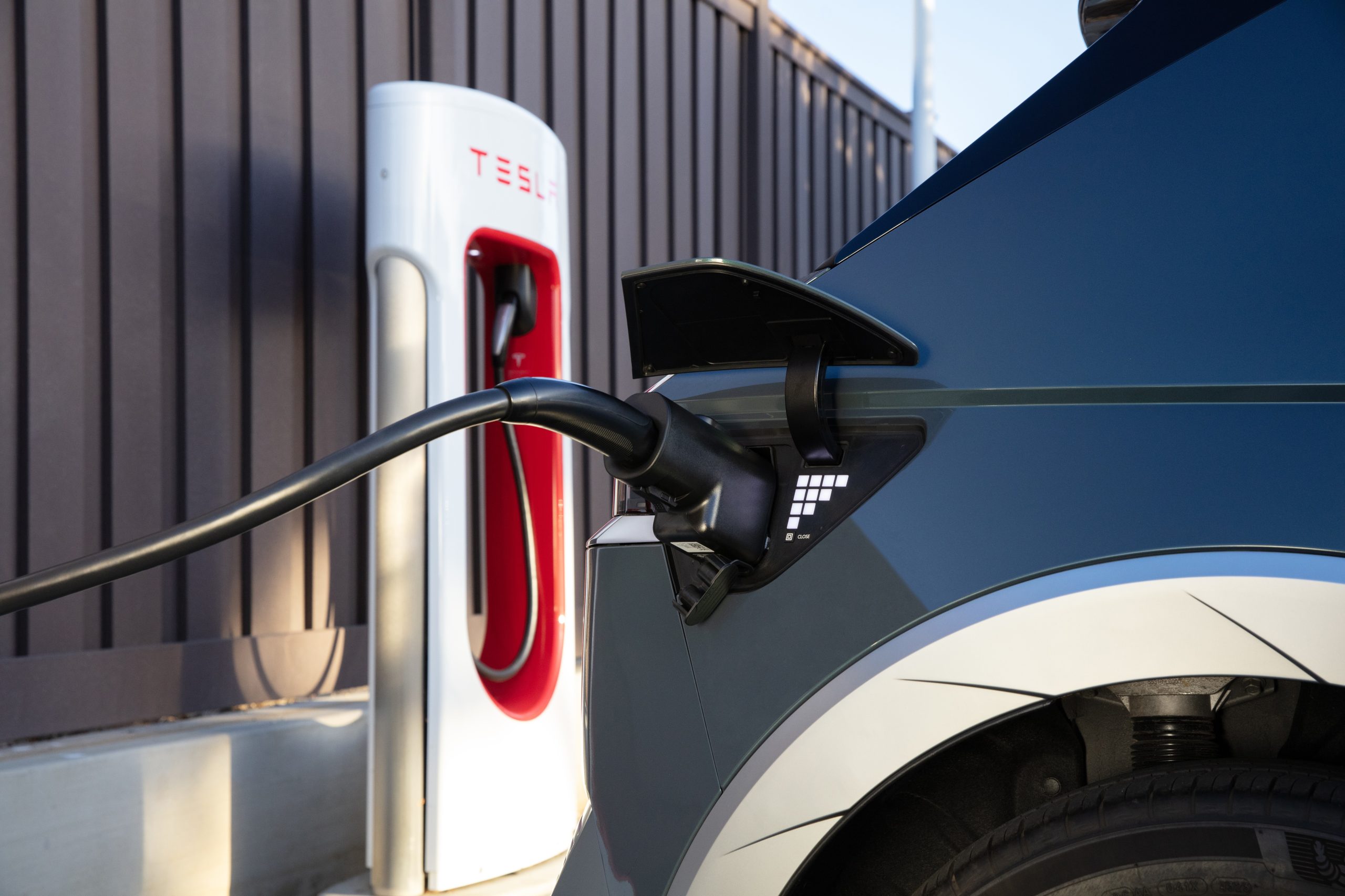Car finance on trial in the Supreme Court: whoever wins, we all lose


As the Supreme Court gears up for its pivotal April 2025 hearing on car finance mis-selling—a case poised to redefine consumer lending—Stuart Masson, Editorial Director of The Car Expert, weighs in with his take on its far-reaching impact.
“The Supreme Court case on car finance mis-selling is set to be one of the most significant legal decisions in recent financial history. With the hearing scheduled for early April [2025], attention is escalating rapidly as various interested parties lobby to influence public perception – perhaps hoping the judges themselves are tuned in.
“The car finance sector is critical to the functioning of the broader car industry. Simply put, without car finance there is no car industry. So this case, and the ongoing investigation into the car finance sector, are hugely important. This is not only to ensure there’s fairness for consumers who may have been mis-sold in the past, but also competitive and affordable finance in the future. That’s an almost impossible task.
“There are potentially tens of billions of pounds at stake in this case, and regardless of who wins, the end result is likely to be that consumers will ultimately be worse off.
“In recent months, the lower courts and the Court of Appeal have ruled in favour of consumers, and I’d be surprised if the Supreme Court deviates from those previous decisions. However, this story has taken several twists and turns over the last year so no-one’s quite sure how everything is going to pan out.
“One thing we can be fairly sure about, though, is that consumers are going to be shelling out for the cost of this for years to come.
“If the Supreme Court rules in favour of consumers, it’s likely to trigger the Financial Conduct Authority (FCA) into going ahead with an industry-wide compensation scheme that could affect millions of car finance contracts signed between 2007 and 2021.
“The FCA has said for some time that it is leaning towards a mass redress scheme, and last week issued an update on its progress. It says that it will issue its proposals within six weeks of the Supreme Court’s ruling.
“Lenders could face compensation costs reaching tens of billions of pounds based on millions of car loans over a 14-year period. This would inevitably be clawed back by increasing interest rates and fees on new loans, meaning consumers might win token compensation for their last car loan but end up paying significantly more for their next car finance plan.
“If the Supreme Court rules in favour of the lenders, individual lawsuits and class actions could explode, much like the PPI and Dieselgate scandals in recent years. Like those infamous class actions, these large-scale legal battles take a long time and prolonged litigation would create uncertainty for both lenders and consumers for years to come. With multiple cases and class actions, and no clearly defined resolution process, that could potentially drive up costs even further in the long run.
“Either way, the financial burden on lenders is likely to be immense – probably in the tens of billions of pounds. However, a defined industry-wide compensation scheme would at least provide some certainty for lenders, allowing them to manage costs within a fixed timeframe. A case-by-case scenario could drag on much longer and eventually cost even more.
“Ultimately, while consumers may secure payouts, there’s no escaping the reality that future finance deals will become more expensive as lenders seek to recoup their losses.
“For car dealers, who are arguably at the heart of this, the way they handle car finance could change entirely. We may see a shift away from dealership-arranged finance toward direct lender-consumer arrangements, with lenders cutting dealers out of the loop to ensure they are fully compliant with relevant laws. This would be a seismic shift in how cars are sold, but online lending dominates other sectors of banking and finance, so there’s no reason it can’t work for car finance as well. But taking finance away from dealers will remove a source of income for them, which will only make the cost of cars more expensive.
“This Supreme Court ruling is poised to reshape the car finance landscape, with repercussions that could extend far beyond the car industry.”










